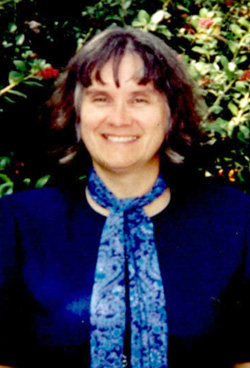
Reitzel, HSU’s Outstanding Professor 1998-1999, will participate in _Progress and Poverty: The Gilded Age in American Politics and Literature, 1877-1901_.
The workshop will examine leading 19th century figures, including President Rutherford B. Hayes (1887-1881), the only president whose election was decided by a congressional commission, the only president to be wounded, five times, in the Civil War and the first president to take the oath of office in the White House); Henry Adams, intellectual, historian, author (_The Education of Henry Adams_) and descendant of two presidents; Henry George, political activist, free market advocate and critic of concentrated unearned wealth as the source of poverty; Edward Bellamy, utopian socialist and author of _Looking Backward_ (1888), set in the year 2000 and the third-best selling book in Victorian America after Uncle Tom’s Cabin and Ben-Hur: _A Tale of the Christ_; William Dean Howells, poet, journalist, realist author, playwright, essayist and longtime friend of Mark Twain, whose works also will be a subject of the seminar. It will be held at the Rutherford B. Hayes Presidential Center in Fremont, Ohio.
Professor Reitzel will participate in a second forum in midsummer, _Passages to Cleveland: Community Memory and the Landmarks of Migration_, focusing on the city’s place in American migration history. It will be held at the Western Reserve Historical Society in Cleveland, the Lake Erie manufacturing city which was shaped in the Gilded Age by the Progressive movement, union activism and the “Long Depression” of the 1870s.
The approximately 300 faculty members who participate in these two workshops and four others like them are projected by the National Endowment for the Humanities to teach more than 50,000 American students the following year. The endowment supports the forums annually through its program, “Landmarks of American History and Culture.”